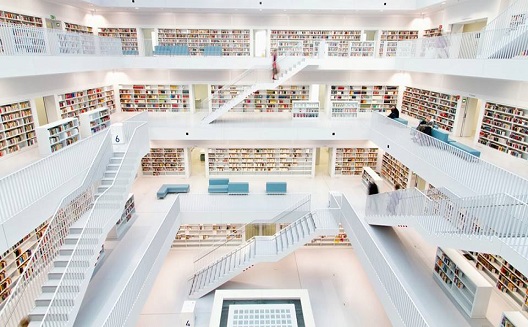Saudi startup Rwaq steps on giants' shoulders to succeed


“Corporate Entrepreneurship Responsibility”, or CER, are the new buzzwords entering Saudi Arabia’s lexicon, and one startup is making the most of the movement.
The concept was launched by Wamda in January 2013 to stimulate and support the private sector, help build a supportive ecosystem for startups, and support entrepreneurship in general.
Large corporations invest their in-house knowledge and practical experience in entrepreneurs and SMEs to ultimately benefit the development and sustainability of society.
In Jordan for example, telecom company Zain entered into a partnership with Wamda to create a specialized CER unit. The partnership was renewed in May during the World Economic Forum in Amman. One of Zain’s programs to support entrepreneurs is Traxn which aims to accelerate Jordanian startups’ growth.
In Saudi Arabia, Aramco is one of the first companies to offer CER support, not only by investing in entrepreneurs but also working with and signing deals with startups. Aramco’s annual report for 2014 shows the company is working on developing the energy sector in Saudi Arabia to support startups in this field.
Saudi startup using CER to get ahead
 One Saudi startup that has
successfully signed partnership deals with major institutions is
Rwaq.
It kicked off in 2013 to provide free online educational material
in Arabic and recently finalized several agreements to expand its
contact network and produce more content.
One Saudi startup that has
successfully signed partnership deals with major institutions is
Rwaq.
It kicked off in 2013 to provide free online educational material
in Arabic and recently finalized several agreements to expand its
contact network and produce more content.
Rwaq cofounder Sami Al-Hussayen says it’s inked eight regional academic partnerships where each entity will have a Rwaq account and page on the startup’s website. The partners will have total control of the online educational environment, in order to increase the volume of content submitted.
Al-Hussayen hopes these agreements will overcome the problem of outreach and difficulties in accessing markets.
The deals were with:
-
Arab League Educational, Cultural and Scientific Organization (ALECSO), one the Arab League’s organizations. Based in Tunisia, it aims to preserve culture.
-
Academy for Islamic Jerusalem Studies: where specialists in Jerusalem studies and entrepreneurs from this knowledge-based project in Jerusalem will take part in teaching.
-
Silatech: Located in Qatar, it encourages activities aiming at creating large-scale job opportunities, promoting entrepreneurship, and paving the road to youth so they can access capital and markets in order to participate and engage in economic and social development.
-
Microsoft.
-
UstoUs: The organization will work on launching training courses across the Arab World and Rwaq’s team will give the organization all the support it needs to achieve the set goals.
-
Alnoghair: this cooperation came from the two parties’ belief in the importance of early childhood. Both parties seek to produce a series of educational materials for parents, in order to raise educational awareness and provide scientific material specialized in parenting.
-
Tahrir Academy: Based in Egypt, the large library of free educational videos accessible for all aims at building a new generation of Egyptian creatives through open learning.
-
Hand By Hand: A student organization based in the US.
How will Rwaq’s students benefit?
About 40 percent of Rwaq’s over-230,000 students come from Saudi Arabia, the startup says on its website. The rest are from other Arab countries.
“The agreements provide materials in different fields from around the world,” Al-Hussayen told Wamda. “Rwaq welcomes all educational and cultural parties, and we will be soon concluding new agreements, God willing.”
He added that he expects the range of countries the organisations are from to help diversify and enrich Arab content globally.


